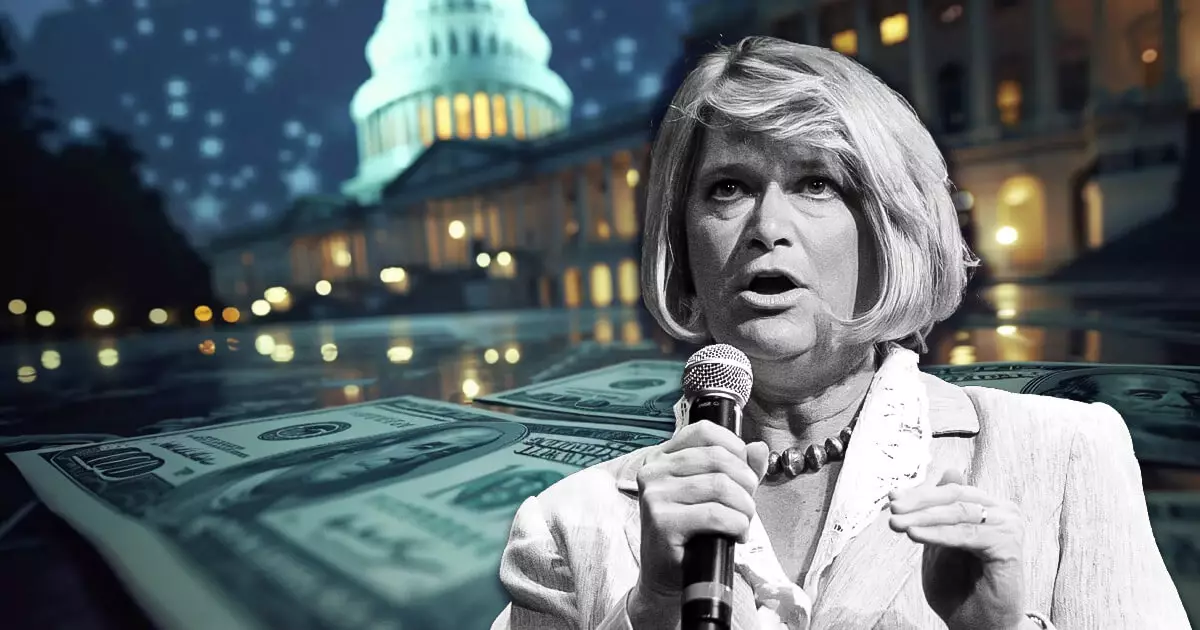Wyoming Senator Cynthia Lummis recently speculated on the potential future of Gary Gensler, the Chair of the Securities and Exchange Commission (SEC). In a segment on CNBC’s Squawk Box, she expressed skepticism about Gensler’s long-term position at the SEC, particularly in light of the political climate surrounding the 2024 presidential election. Lummis’s commentary implies a belief that Gensler could be replaced if, hypothetically, Donald Trump were to regain the presidency. This raises questions about the stability and continuity of regulatory leadership in the rapidly evolving cryptocurrency landscape.
One of Lummis’s main assertions is that there is a glaring inadequacy in how Gensler recognizes vital distinctions between different digital assets. She criticized him for not adequately categorizing Bitcoin (BTC) and Ethereum (ETH) as commodities, a classification that could significantly impact how these assets are regulated. Furthermore, Lummis argued that even beyond Bitcoin and Ethereum, other cryptocurrencies might also qualify as commodities under the Howey Test, which assesses whether an asset is an investment contract based on its potential for profit derived from the efforts of others. The need for clear regulatory definitions is critical, as ambiguity stifles innovation and can hinder growth within the sector.
Lummis is a strong proponent of establishing firm regulatory frameworks for cryptocurrencies in the United States. Citing the European Union’s proactive regulatory measures since 2023, she emphasized the urgency for Congress to step in and create a competitive environment for American crypto firms. She noted that while Gensler suggests the SEC possesses all necessary tools for regulation, the reality is that the agency has often opted for enforcement through penalties rather than providing clear guidelines that would facilitate compliance.
This approach, according to Lummis, creates confusion among industry players, who may find it challenging to navigate a regulatory landscape fraught with uncertainty. She argues that merely employing enforcement actions does not create a conducive environment for innovation. This observation raises a serious conversation about the effectiveness and consequences of such enforcement-first strategies.
In her concluding arguments, Lummis warned against associating the cryptocurrency sector with fraudulent activities. She asserted that the potential for fraud exists across various industries, including luxury goods and traditional assets like art and minerals. The emphasis must be on distinguishing legitimate crypto operations from fraudulent schemes rather than stigmatizing the entire industry due to the actions of a few bad actors.
In essence, Lummis’s insights underscore the vital importance of sensible, clear, and supportive regulatory frameworks that embrace technological advancements rather than stifle them. For the United States to maintain its competitive edge in the global financial landscape, it must act decisively to regulate the burgeoning field of digital assets, providing the clarity that stakeholders across the spectrum so desperately need.



















